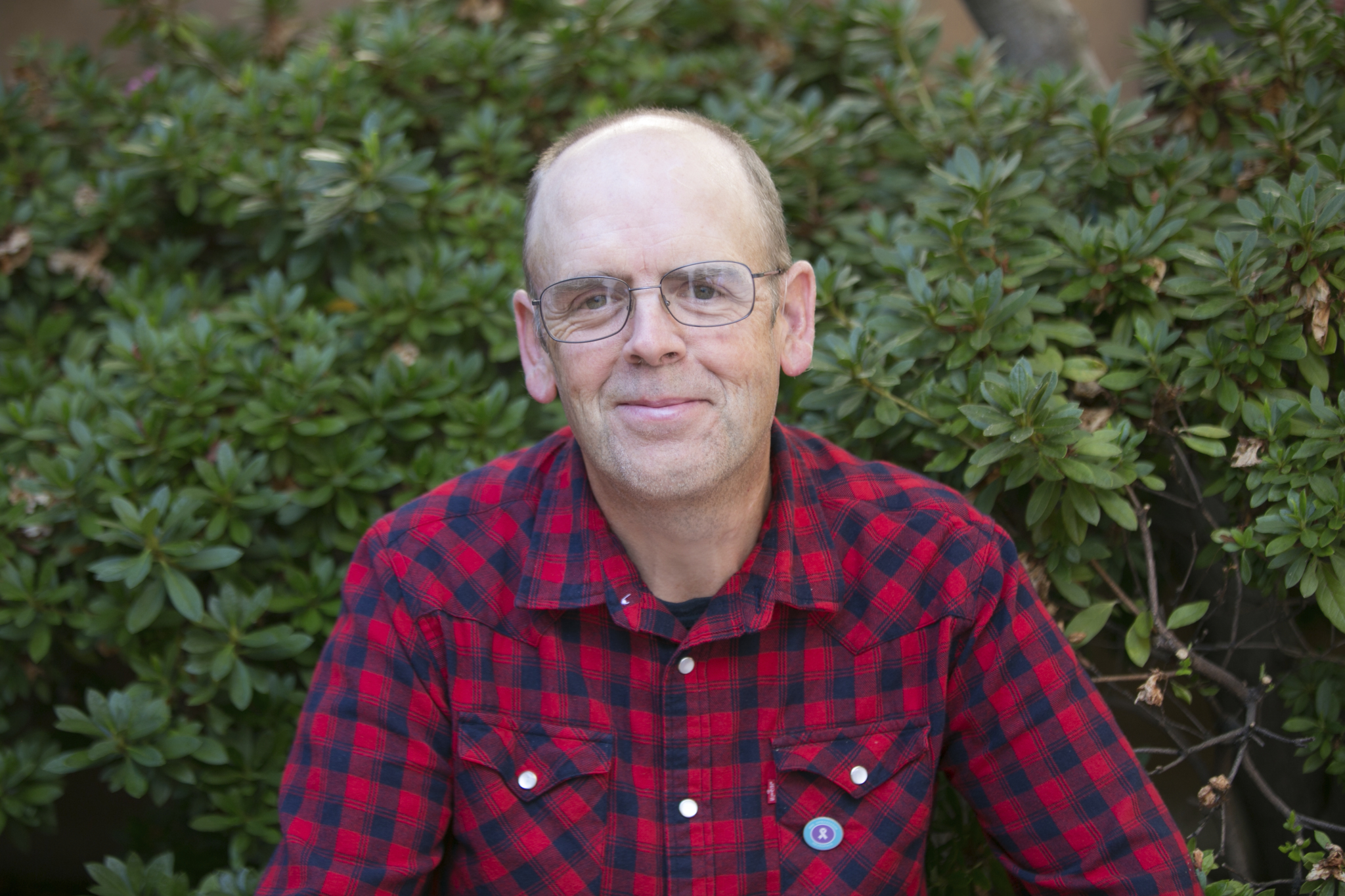
My name is Kim. I live in a small town in New Hampshire. When you have epilepsy and you live in a small town, it can be very difficult to get around. In a big city, you might be able to jump on a bus or a train, but in small town New England, I have to rely on other people to get me from Point A to Point B. My mother will often drive me to work, and there are two different couples who will pick me up for church on Sunday morning.
I had my first epileptic seizure when I was three years old. I stopped having seizures for a while around the time I turned 13, but when I turned 18, they came back. At first, I had trouble getting an accurate diagnosis. I had one doctor tell me that my seizures were not epileptic, but psychological.
Years ago, I used to sometimes get auras before my seizures that would give me a warning that a seizure was about to happen, but over time those auras have disappeared. Now, I have both petit partial and complex partial seizures. The petit partials basically cause goosebumps that come over me from head to toe. With the complex partials, I lose awareness. My body will go onto autopilot and continue whatever it was doing before, but I won’t remember it later.
I’m now 51 years old. When I started going to Dartmouth-Hitchcock Medical Center 22 years ago, I was having three seizures a day and losing bladder control.
Now, years later, with the various treatments I’ve experienced and the RNS System in place, I’ve managed to reduce my seizure frequency dramatically.
I originally started going up there when I was looking into the possibility of brain surgery. The doctors conducted four sets of tests and told me that surgery was not an option since the seizures came from both sides of my brain and it would be too risky to remove all the areas where the seizures originated.
In 2008, I heard the doctors at Dartmouth talking about the RNS System clinical trial, so I asked if I could participate in the study. Before I had the RNS System implanted, I was getting very discouraged. I had tried 11 different medications, including participating in clinical trials for three anti-seizure drugs and the vagus nerve stimulator. I pride myself on being willing to try anything that might help me be seizure-free. Even if the treatments didn’t resolve my seizures, they could help someone else. I know that my participation in these studies has improved other people’s lives, and I’m glad to be part of a trial that supported FDA approval of the RNS System.
With the RNS System, I am able to work.
I have a landscaping business. In autumn, that involves cleaning up people’s yards, putting their gardens to bed, getting everything ready so that when spring comes along, perennials will pop out of the ground and people will have the beautiful landscapes they desire. Most of my customers’ have at least one-acre properties. I wear a pedometer and I’ve found I can easily walk five miles sometimes in a single yard just going back and forth, dragging leaves and other debris to the edge of the yard where it will turn into compost. Two years ago, I lost 50 pounds through Weight Watchers and I’ve kept off the weight. People ask me what I do for exercise, and I tell them, “I don’t need to exercise. My work is my exercise!”
I’m an optimistic, glass-half-full person. Although the RNS System has not completely solved my seizure disorder, I feel that I have a more vibrant life. My seizures have been reduced by about 75 percent.
People notice that I have a more positive outlook.
Published on: June 28, 2017
This represents the experience of individual(s) who have used the RNS System. Individual results will vary.


